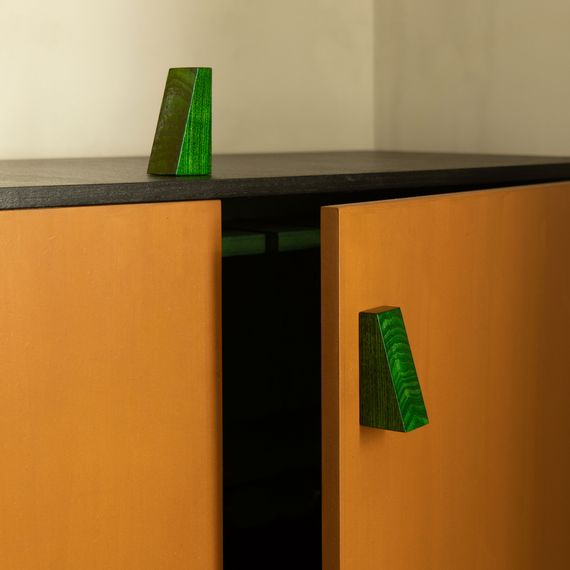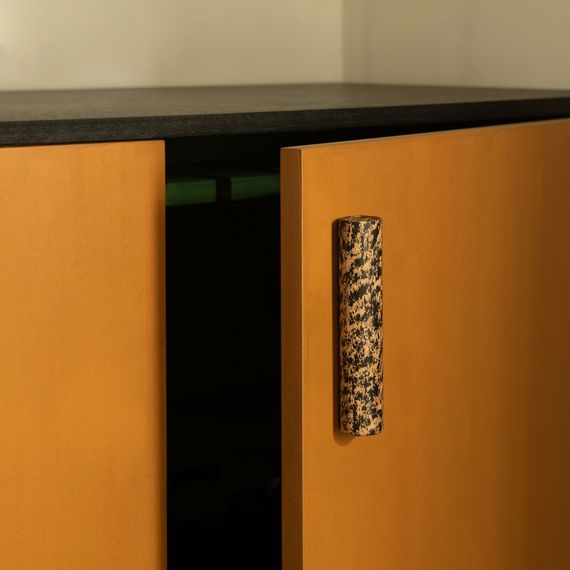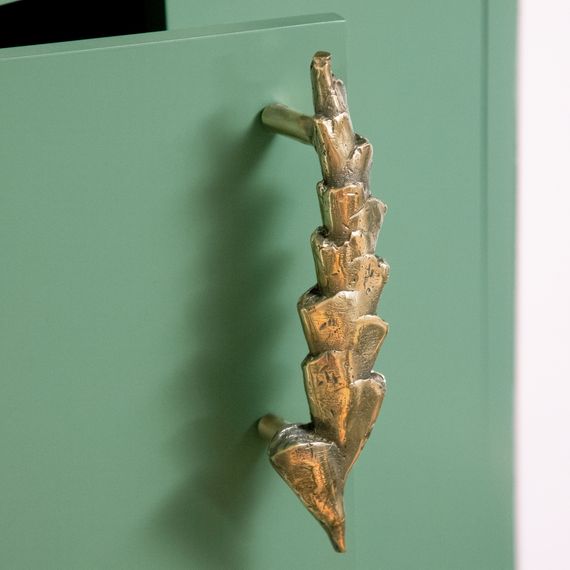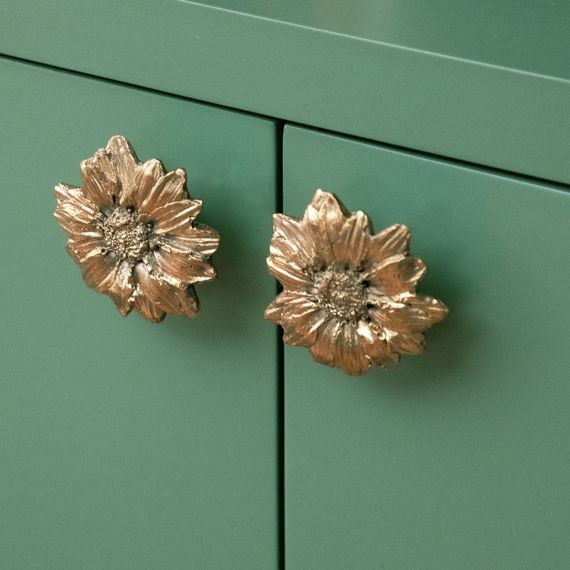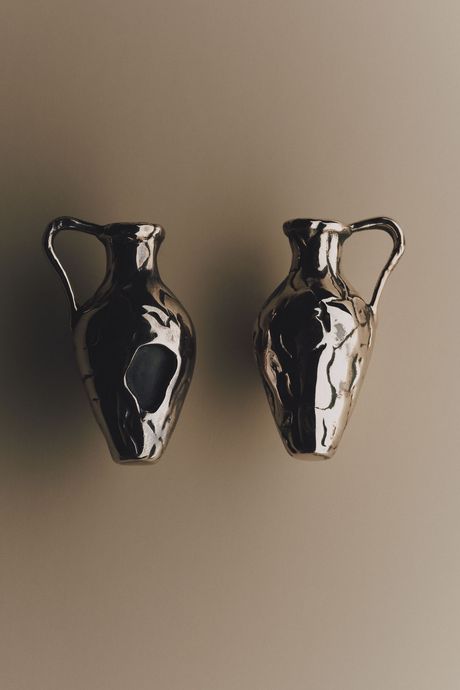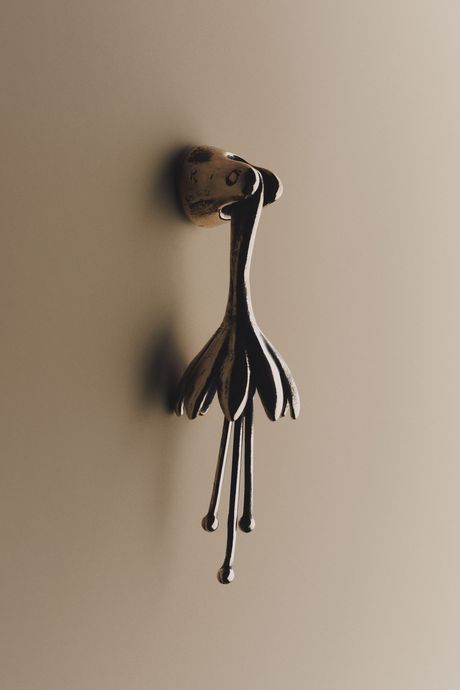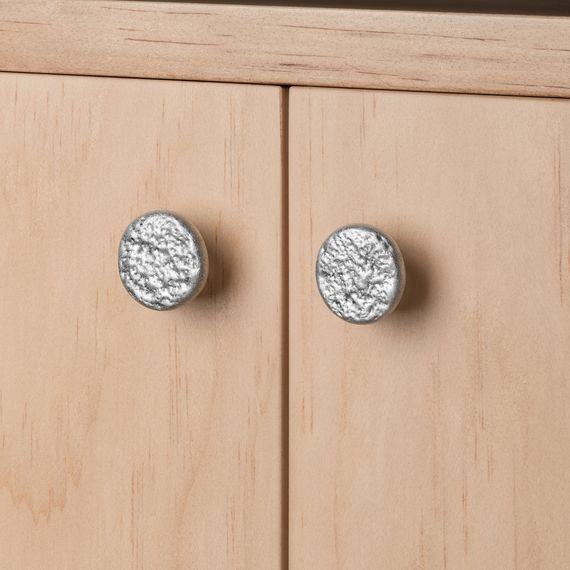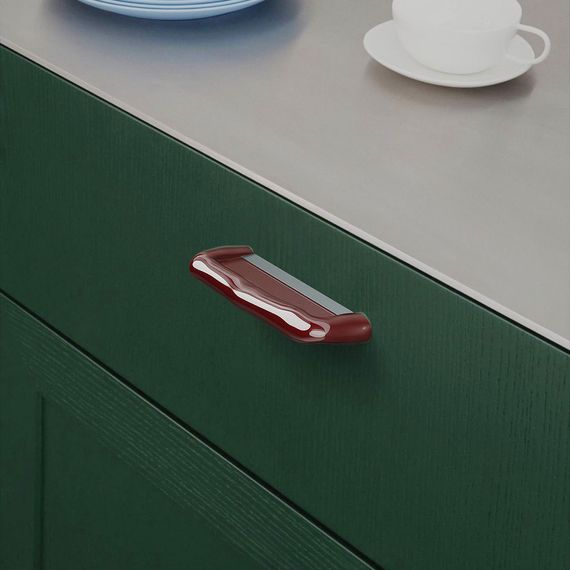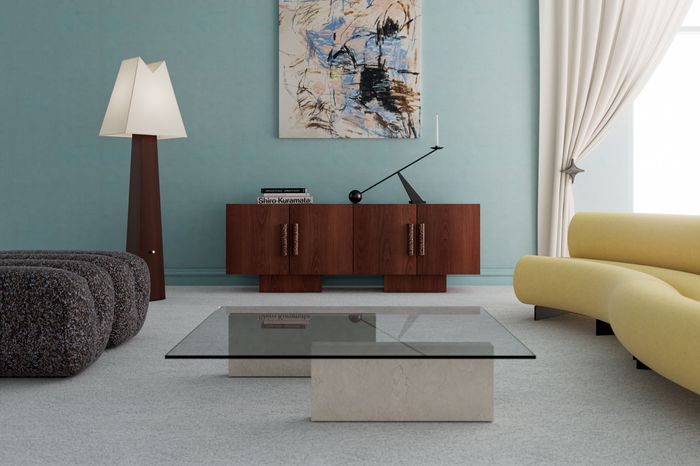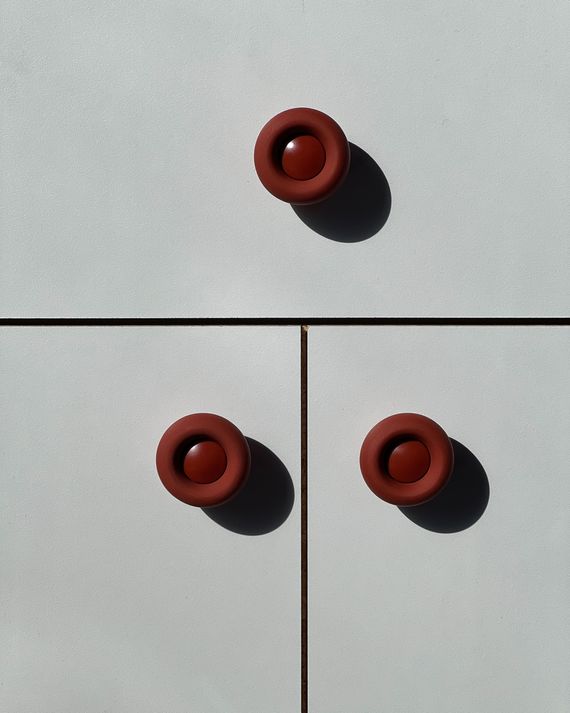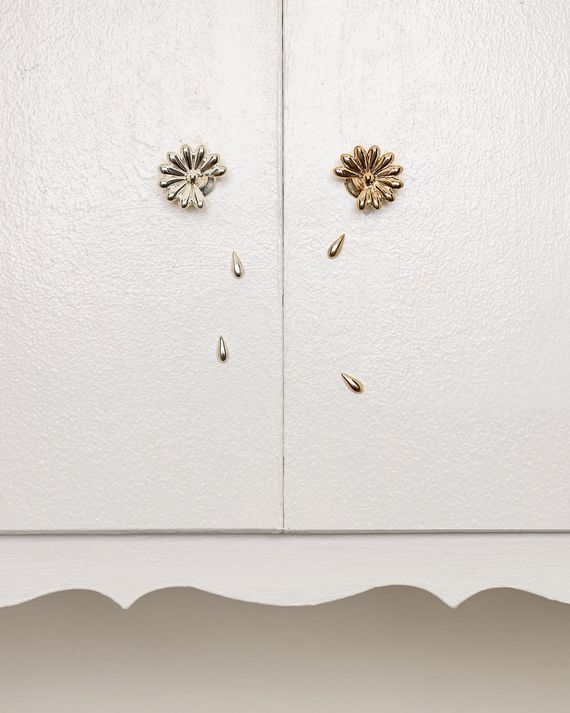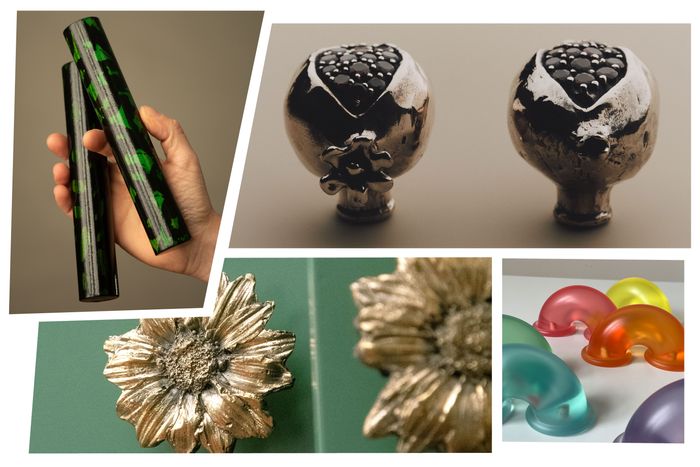
To a certain segment of the New York design community, Monica Khemsurov is a human switchboard. Looking for the perfect table lamp to sit on a mid-century console? Ask Monica. Need to know about artistic custom jewelry? Ask Monica. Trying to break into a party during Milan Design Week? Definitely ask her, though she’ll probably tell you there’s a better party down the street. Alongside her longtime business partner, Jill Singer, Khemsurov is a reliable, generous font of solid information and good taste.
Co-founder, with Singer, of design platform Sight Unseen and a contributing editor at T magazine, Khemsurov was trained as a journalist but quickly found that what she was writing about — furniture, interiors, objets d’art — was more interesting than the writing itself. “We spent years discovering these great designers, promoting their careers,” she says. “And then it was just like, Okay, byeee!” So she and Singer launched Sight Unseen in 2009 as a way of creating original content about design and coupling it with sales and exhibitions; six years later, Khemsurov followed it with the online smoking-paraphernalia shop Tetra. Now she’s back with an even more ambitious online-retail concept that takes full advantage of her massive mental rolodex of people and objects: Petra, a designer-home-hardware line for anyone who appreciates the finer, smaller things in life.
“With Tetra, there was an explosion of product, but not of the market,” says Khemsurov. After every corner cannabis store in Manhattan started pedaling nice-looking ashtrays, Khemsurov looked around for another way to bring designers to a broader audience without having to deal with the fuss and expense of shipping sofas and tables. She landed on the perfect niche. “I saw all these people posting hardware projects on Instagram with no real outlet,” she says; at the same time, interior designers were hunting for exactly the kind of door handles and cabinet knobs her product-designer friends were making, but unable to find them. Khemsurov decided to jump into the gap.
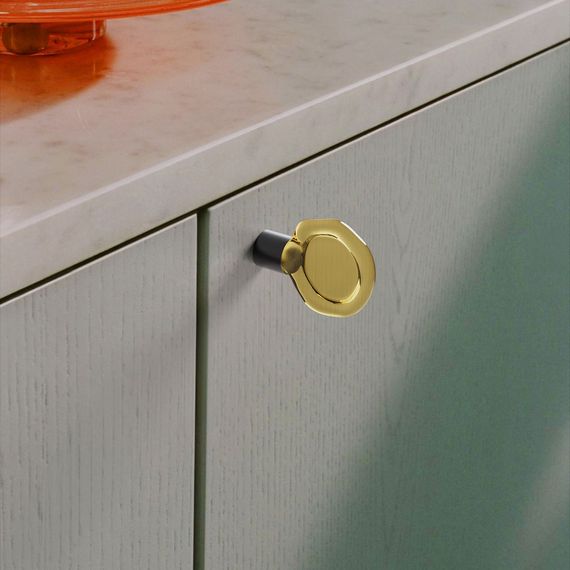
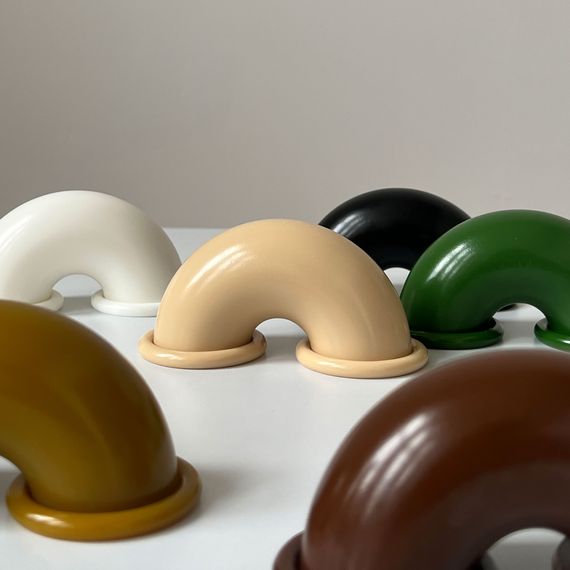
The debut lineup for Petra shows just how much designer enthusiasm and inventory there was. With 27 designers and brands — mostly up-and-comers, with a few legacy names tossed in — the start-up caters to every aesthetic taste, from retro to sleek-contemporary and surrealist. From designer Nathaniel Wojtalik, the Delos Appliance Pull brings Greco-Deco grandeur to any refrigerator or dishwasher; Chris Wolston’s bronze Spider Knob is a spooky boudoir ornament; and from Frank Traynor’s Perfect Nothing Catalog, shell-spackled switch plates bring a little sea life to your nightlight. Khemsurov herself is a particular fan of the vintage reproductions from Spanish brand BC Barcelona, including door fixtures by Salvador Dalí and Antoni Gaudí. “You can go to Gaudí’s buildings and see the same pieces installed,” Khemsurov points out: for $4,686 on Petra, you too can greet visitors with the delightfully grotesque Peep Hole, exactly like the one from the Catalonian master’s Casa Calvet.
Most of the offerings are a lot more economical — which is part of the point. “It’s just this little artisanal moment,” says Khemsurov. “And when you get sick of it, you can change it.” Especially in New York, where renters are reluctant to spend a lot on customizing apartments they don’t own, designer hardware represents a low-cost, low-effort alternative to make something look bespoke. At the same time, Khemsurov is already thinking bigger: a future showroom, possibly, with her own branded collection, as well as some oddball pieces she’s always coveted but that only someone with her hyperactive sense of discernment would have ever noticed. “Inspiration can come from anywhere,” she says. “There’s these brass door handles in Melrose Place I really want to reproduce.”
